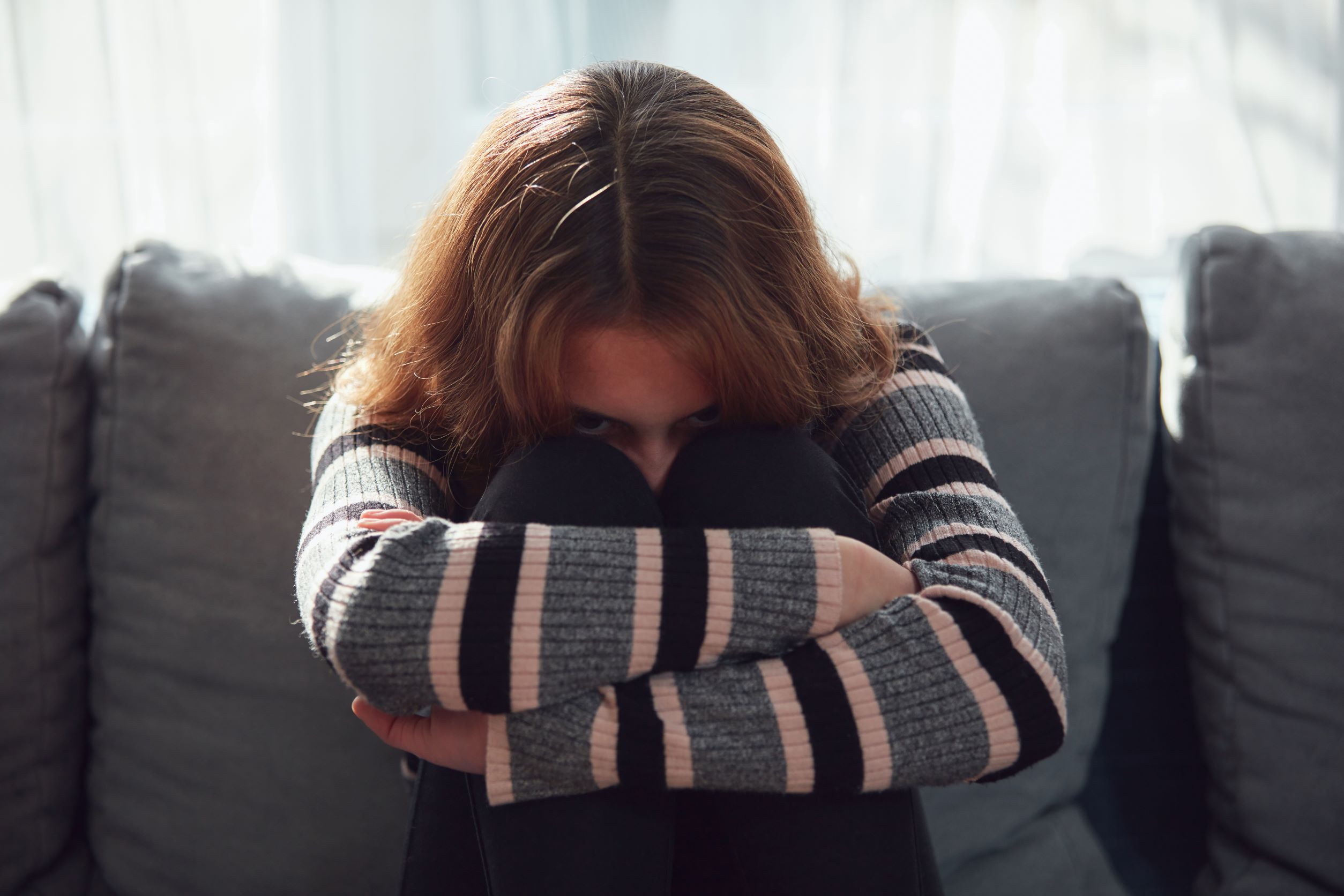Neuroscientists consider 25 to be the age at which the human brain becomes fully developed. Until then, they should be considered a work in progress. Which is particularly the case for the teenage brain.
For generations, parents have wrestled with the conundrum that is the adolescent mind: at times growing in maturity before rapidly shifting to volcano-like, emotional outbursts. The first step toward understanding the teenage brain, and how best to support it, is knowing that the adult brain and teenage brain work differently.
The rational versus the emotional parts of the teenage brain
Though teenagers will ask (or demand) to be treated like an adult, the development of their brain makes it tricky. An adult will typically use the prefrontal cortex – the brain’s rational part – to make decisions. As a result, decisions are made with a good sense of judgement and awareness of the consequences of any actions. Adolescents, however, are unable to do this properly or consistently.
The adolescent brain predominantly processes information using the amygdala – the emotional part of the brain. A teenager’s ability to think rationally and make healthy choices increases as the grey matter in the prefrontal cortex grows. This increase tends to happen just before puberty, typically between the ages of 10 and 12.
How can we help nurture and develop the teenage brain?

#To help our understanding of how the development of the pre-frontal cortex affects an adolescent, it is helpful to think of the teenage brain as a flower. For the flower to thrive and survive it requires attention, patience, love and care. Just like the adolescent brain.
In a teenager’s brain, the connections between the rational and emotional parts are still developing and not always at the same time. This is why teenagers can often feel emotional and unable to understand or make meaning of their thoughts.
Why? Because the amygdala can dominate the still-developing pre-frontal cortex. Equally, this is why they can deal with some situations rationally but have an emotional meltdown when a similar issue presents itself.
Tips for nurturing the adolescent brain

Adolescence is a challenging time for young people. These big brain changes mean parents need to look at things a little differently to support their development. Here are a few suggestions.
Brain development is a marathon, not a sprint
Accept that emotional responses are healthy and normal, even if you might feel like your daughter/son should act ‘more like an adult’. This is a process that takes time. Frustrated and, dare I say it, emotional responses from parents about a need to mature quicker will not speed things up.
Being completely rational is boring
Without emotion we would be robots, working on logic and reasoning all the time. Where would the fun in life come from? Emotional responses are often very positive like passion, love and kindness.
Understand what is going on in that teenage brain
Accept that this is a necessary process and know that it will not last forever. Though it might not seem like it at times, this is normal. SCCR have some excellent and easy to understand information about the emotional part of the and how it impacts our responses.
Be kind to them
The stress hormone cortisol is more easily produced during this stage of brain development. Try to keep this in mind when your son/daughter is stressing out about issues your adult brain would be able to deal with calmly and rationally.
Lead by example
Brain development comes through experiences and effort. The more an adolescent is encouraged and supported in the positive use of the pre-frontal cortex, the more it will happen. It is a tough ask but try to deal with their emotional outbursts using the logical part of your brain.
Counselling and support for teenagers
Here at The Spark we have a dedicated team of counsellors available to support children and young people in Scotland. Our counselling services are available individually or are available through a large number of Scottish primary and secondary schools.
Check with your child’s school to see if they have counselling in place. Alternatively, find out more about our youth counselling services or freephone 0808 802 2088 to speak to one of our team.
Privacy and confidentiality are assured, as are the highest professional and clinical standards.
Dee is a member of the British Association for Behavioural and Cognitive Psychotherapists and a Children and Young People Counsellor with The Spark. She primarily works with young people in Secondary schools in Scotland. Dee’s psychotherapy interests include attachment difficulties, low mood, anxiety, and young people who face social, emotional and behavioural challenges.

